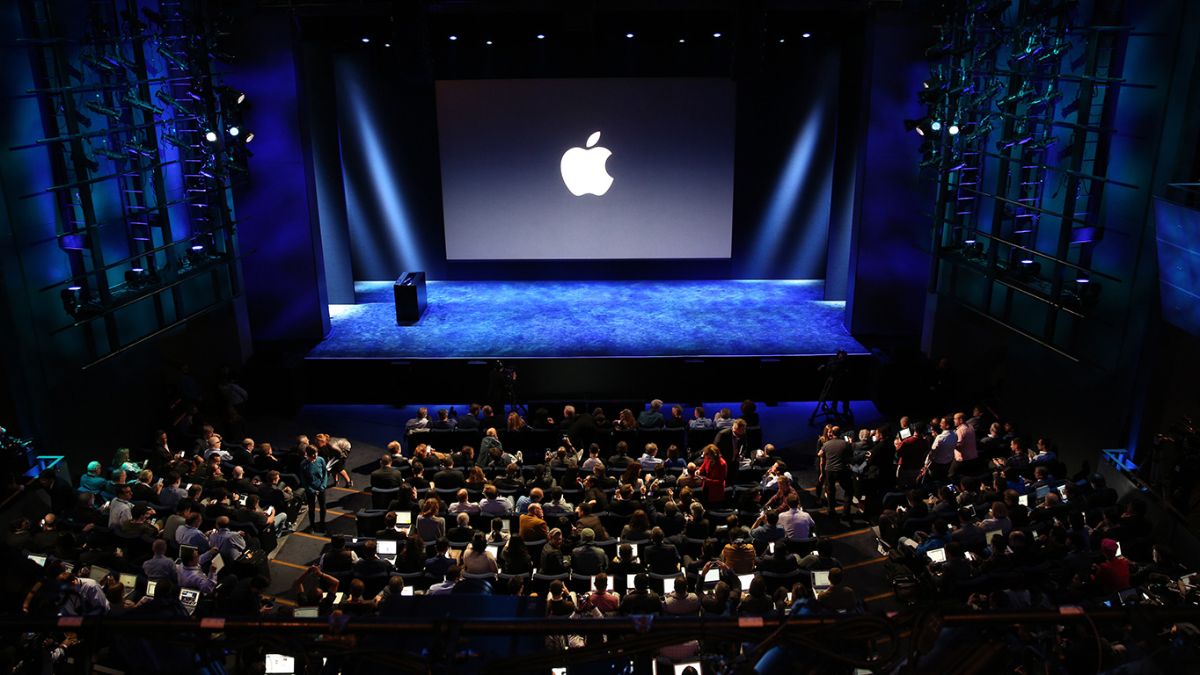Necessary Always Active
Necessary cookies are required to enable the basic features of this site, such as providing secure log-in or adjusting your consent preferences. These cookies do not store any personally identifiable data.
|
||||||
|
||||||
|
||||||
|

Apple unveiled a range of significant hardware upgrades during its much-anticipated September 9, 2025 event, including the Apple iPhone 17 Air debut, which reflects a strategic shift towards ultra-thin, high-performance devices. According to The Guardian, the event showcased several major product announcements poised to reshape the mobile and wearable tech market, particularly for business users seeking advanced functionalities in compact form factors.
The centerpiece of the event was the Apple iPhone 17 Air debut, touted as the slimmest flagship model Apple has ever released. The device measures just 5.5mm in thickness, positioning it as a direct competitor in the ultra-thin smartphone segment. Apple achieved this reduction in size by introducing a silicon-carbon battery technology, which increases energy density, allowing for a smaller form factor without drastically reducing battery life. Industry analysts from CNN, noted that while silicon-carbon batteries can degrade faster than traditional graphite alternatives, the company believes the trade-off is worthwhile for the business and consumer markets.
The Apple iPhone 17 Air is equipped with a 6.6-inch OLED ProMotion display, powered by the next-generation A19 Pro chip and supported by 12GB of RAM, ensuring smoother multitasking and application performance. Photography and video capabilities have also received a notable upgrade, featuring a 48MP rear camera system capable of 8K video recording alongside a 24MP front-facing camera designed for superior video conferencing, a critical need for remote work environments.
For power users and business professionals who require enhanced performance and larger displays, Apple introduced the iPhone 17 Pro Max, offering a 6.9-inch display and a 5000mAh battery, supporting extended use without frequent charging. The devices will be available for pre-order starting September 12, with shipments expected from September 19.
Beyond smartphones, Apple leveraged the event to strengthen its wearable technology portfolio, particularly with the Apple Watch Series 11 and Ultra 3 reveal. The Series 11 focused on improving the design and durability of the watch while delivering incremental upgrades in processing power and health tracking capabilities. The Ultra 3, however, represents a more radical shift, with an emphasis on advanced health metrics and performance tracking tools tailored for professional users. This includes an upgraded processor, extended battery life, and a larger screen for clearer visibility of work and fitness-related data.
Complementing these devices, Apple announced the AirPods Pro 3 launch, which introduces in-ear heart-rate monitoring, revolutionizing how personal audio devices contribute to health monitoring. The new AirPods Pro 3 with heart-rate tracking functionality aims to serve both personal wellness and workplace health monitoring use cases. Business owners and decision-makers seeking integrated solutions for employee health tracking may find this development particularly relevant.
AirPods Pro 3 Key Features:
These additions reflect Apple’s ambition to solidify its presence in the health-tech market, a space growing in importance as remote work and employee wellness programs gain traction globally.
The Apple iPhone 17 Air debut and associated product releases underline Apple’s commitment to delivering high-performance, slimline technology solutions that appeal to business customers. The ultra-thin form factor of the iPhone aligns with modern corporate preferences for devices that combine aesthetics, portability, and functionality.
Additionally, the integration of advanced health-tracking capabilities in both the Apple Watch Ultra 3 and the AirPods Pro 3 suggests a growing market trend where employers are expected to offer employees health monitoring tools, especially as workplace wellness becomes a focal point in corporate strategy.
Industry experts have highlighted that the new devices are not only suitable for personal use but are being positioned as critical components of digital workplaces. The Apple iPhone 17 Air is particularly well-suited for business users needing robust mobile computing power without sacrificing portability.
Apple’s aggressive push in integrating health sensors across multiple product lines indicates a broader strategic direction towards holistic tech ecosystems that serve both individual and corporate needs. Recently, Apple India’s iPhone suppliers have crossed 20% domestic value addition as per the reports.
The launch of the Apple iPhone 17 Air debut, alongside the Apple Watch Series 11 and Ultra 3 reveal and the AirPods Pro 3 launch, signifies a pivotal moment in Apple’s product strategy. By targeting business professionals and emphasizing health-monitoring capabilities, Apple aligns its ecosystem more closely with enterprise demands.
These developments are likely to influence corporate tech procurement, particularly for companies focusing on mobile-first strategies and employee wellness programs. The introduction of ultra-thin devices coupled with advanced health features strengthens Apple’s competitive positioning in the B2B market, supporting an expanding role for integrated personal and professional technology solutions.